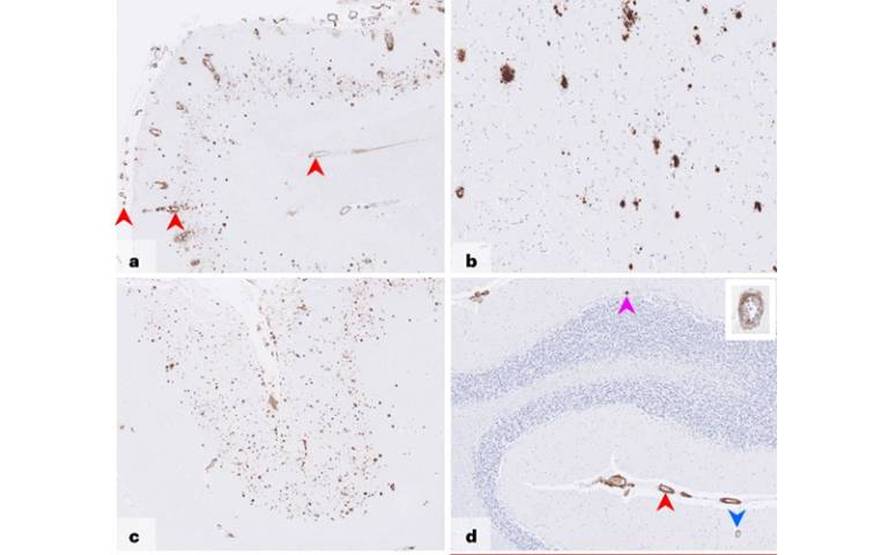An Alzheimer’ s transmission route has been described from very rare cases.
The symptoms of Alzheimer's are found in five people who were treated with hormones extracted from the brains of the corpses. The study of these cases suggests that these five people may have developed Alzheimer's due to the collection of amyloid proteins in the treatment. In fact, amyloid proteins are one of the biological characteristics of the disease, and there were already suspicions that Alzheimer, in this sense, may seem like prion-transmitted diseases, such as Creutzfeldt-Jakob.
In these five cases described below, during the years when youth received growth hormones to treat their development problems. Now growth hormones are synthesized, but back then they were extracted from the pituitary gland from the corpses. However, they later found that, in some cases, they were infected with prisons that cause Creutzfeldt-Jakob disease and were a means of transmission. That is why for 40 years no hormones extracted from cadavers have been used in their treatments.
Prior to this study, the same group observed that some old samples of culture hormones extracted from the corpses were infected with amyloid proteins. In addition, they showed that if injected into the brain of mice they produced amyloid accumulations, although they had been stored for many years.
It has now been sought to see whether in these five cases this could have been the case, that is, whether the growth hormones contaminated with amyloid proteins were the cause of Alzheimer's later developed. And according to the results, there are indications in favor of this hypothesis.
Researchers have made it clear that these cases are really special and isolated: On the one hand, the alzehimer they have developed is not frequent, among other things, the symptoms that occur very early (between 38-55 years). On the other hand, in addition to hormonal treatment, they received other treatments that could also influence cognitive disorder. Finally, this type of treatment is not currently used and very strict measures are taken to prevent contamination in brain surgeries and other procedures.
However, research has been considered useful to discover a possible route of transmission of Alzheimer's. The study was published openly in the journal Nature Medicine.






